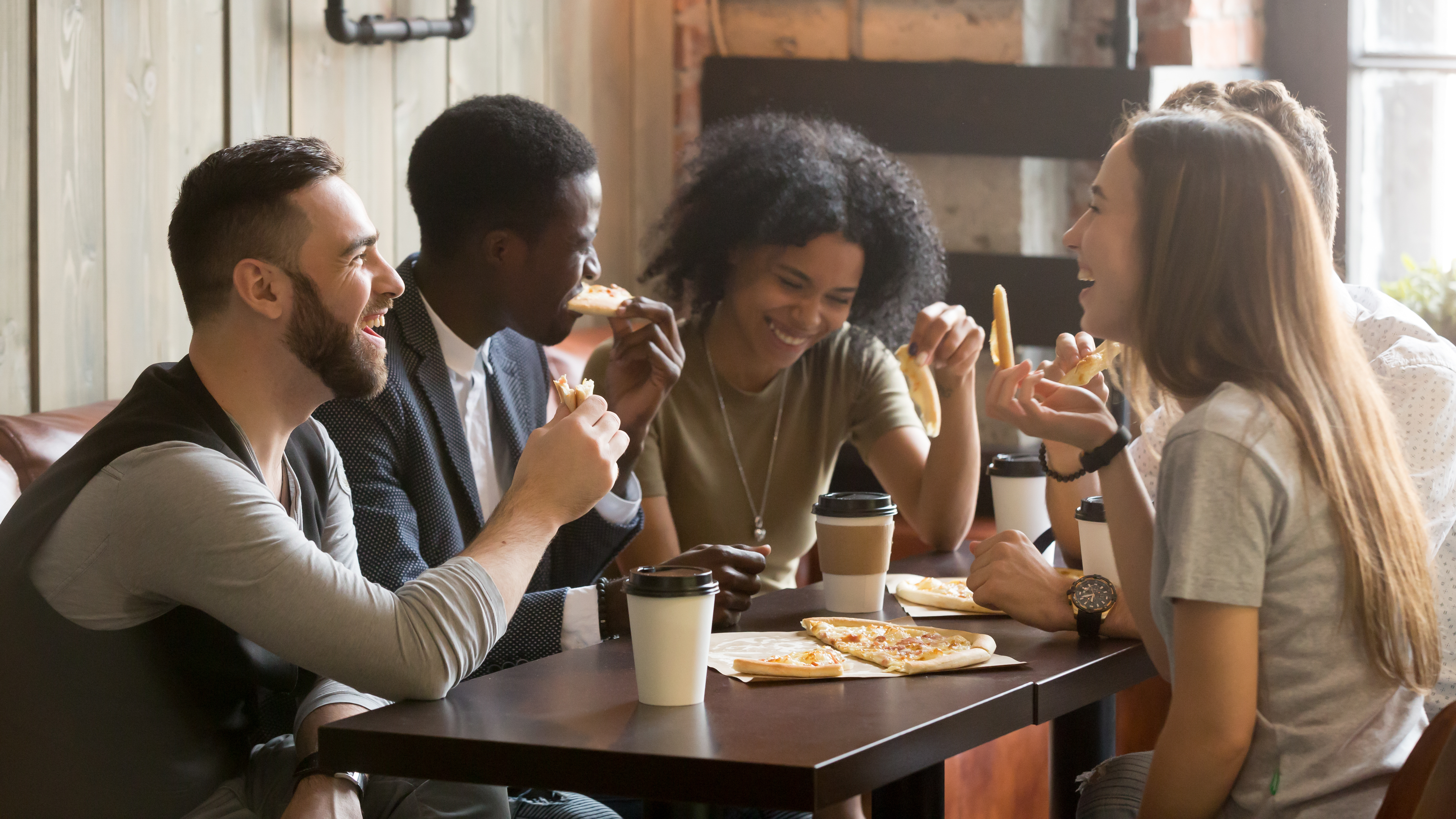Are Millennials And Gen-Z Avoiding Alcohol Because Of Social Media?
Nonalcoholic beverages are on the rise, and alcohol sales are down. No- and low-alcohol lines are up 3.9 percent, The Wall Street Journal reported this week, even as the beer industry flatlines. WSJ concludes that "consumers are prepared to pay the same price, or even a premium, for drinks that have less alcohol." Even Coca-Cola is getting on on the game, says Insider, launching an alcohol-free cocktail line called Bar None.
What is driving all of this teetotaling? Insider points to younger generations, citing a 2018 Berenberg Research report that found that "respondents in their teens and early 20s were drinking over 20 percent less per capita than millennials—who drank less than baby boomers and Gen Xers—did at the same age." Besides a possible fondness for weed and a greater focus on health, Insider points to another factor steering this cruise away from binge-drinking: the public dangers of social media. In 2017, global food-and-drink analyst at market-research firm Mintel Jonny Forsyth stated, "Control has become a key watchword for today's younger drinkers... their nights out are documented through photos, videos, and posts across social media where it is likely to remain for the rest of their lives. Over-drinking is therefore something many seek to avoid."
Makes sense: We all know that the internet is forever, and many of these teens and twentysomethings have likely seen their friends suffer online bullying—or experienced it themselves. While Gen-Xers have no record of their earlier late-night antics other than a few Polaroids (thank God), the current under-microscope generations endure surveillance constantly, making getting drunk and making a fool of yourself no longer the mark of a good time (like it ever really was).
Honestly, the millennials and Gen-Zers seem to be on to something here with this positive life cocktail of healthier indulgences, physically fit activities, and less alcohol. Maybe they won't have as many nights from their teens and twenties to cringe over in their thirties and forties, and their lives may be better for it.
